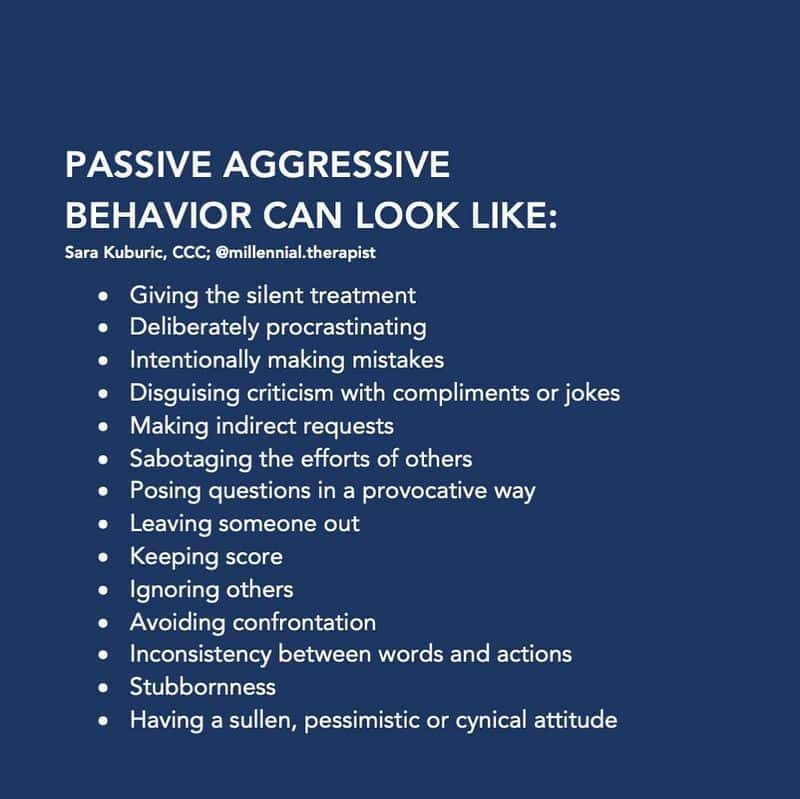Have you ever wondered what sets highly intelligent people apart? Beyond their quick thinking and problem-solving skills, smart folks share common boundaries about what they won’t put up with.
These aren’t just random preferences – they’re protective filters that help bright minds stay focused and productive.
Understanding these deal-breakers gives us fascinating insights into how intelligent people protect their mental energy.
1. Mindless Small Talk
Intelligent people crave substance in conversations. When trapped in weather discussions or celebrity gossip, their minds start screaming for escape. They’re not being snobby – their brains literally hunger for meaningful exchanges that spark curiosity or solve problems.
Rather than enduring another chat about weekend plans, they’ll politely redirect conversations toward deeper waters or excuse themselves entirely. This isn’t rudeness but self-preservation for minds that need intellectual nourishment like others need oxygen.
2. Willful Ignorance
“I don’t want to know” might be the phrase that makes brilliant minds cringe hardest. They cannot comprehend deliberately choosing not to learn, especially when information is readily available. The refusal to consider evidence contradicting one’s beliefs seems almost painful to them.
Smart people understand that knowledge evolves, and they’re willing to change positions when facts demand it. Someone proudly declaring they won’t read up on a topic before arguing about it? That’s the conversational equivalent of nails on a chalkboard to the intellectually inclined.
3. Time-Wasting Meetings
Nothing makes a sharp mind shut down faster than a meeting that should have been an email. Intelligent people view time as their most precious resource and become visibly frustrated when it’s squandered on poorly organized gatherings with no clear agenda.
Watch them during rambling presentations – they’re either multitasking or mentally calculating the collective hours being wasted. For them, inefficient meetings represent a special kind of organizational sin.
They’ll often be the ones suggesting timeboxing discussions or sending follow-up emails with action items – anything to rescue precious minutes from the jaws of pointlessness.
4. Intellectual Dishonesty
Sharp minds can spot logical fallacies from miles away. They bristle when someone cherry-picks facts, moves goalposts during arguments, or deliberately misrepresents opposing viewpoints. This intellectual sleight-of-hand isn’t just annoying – it’s offensive to their core values.
Even when they agree with the conclusion, they’ll call out flawed reasoning. What matters isn’t winning but finding truth. A person might successfully fool others with rhetorical tricks, but the intellectually rigorous person across the table is mentally cataloging every logical misstep.
5. Chronic Complaining Without Action
Few things drain intelligent people faster than perpetual complainers. They’re solution-oriented by nature and find it maddening when someone repeatedly vents about problems without taking steps to address them.
“Have you tried…?” is their natural response, followed by increasing frustration when suggestions are met with excuses. Their minds automatically generate potential fixes – it’s almost involuntary.
After a few rounds of this pattern, they’ll distance themselves from chronic complainers. Not because they lack compassion, but because the circular negativity without progress feels like an emotional hamster wheel they can’t escape.
6. Rigid Thinking
“That’s how we’ve always done it” might as well be fighting words to the intellectually gifted. Their brains constantly scan for inefficiencies and better approaches. When someone refuses to consider alternatives simply because of tradition or comfort, smart folks feel like they’re watching someone deliberately choose a flip phone over a smartphone.
They value mental flexibility above almost everything else. The ability to adapt thinking when presented with new information isn’t just preferable – it’s necessary. Someone stubbornly clinging to outdated methods despite evidence for better options? Pure intellectual kryptonite.
7. Passive-Aggressive Communication
The backhanded compliment. The silent treatment. The “I’m fine” that clearly isn’t fine. These indirect hostilities drive intelligent people absolutely bonkers. Their minds crave clarity and directness – the mental gymnastics required to decode passive-aggressive behavior feels like an exhausting waste of cognitive resources.
Smart folks generally prefer uncomfortable truths over comfortable lies. When someone says one thing but clearly means another, it creates a frustrating puzzle they can’t help trying to solve.
After enough exposure to this communication style, they’ll simply opt out of the relationship. Life’s too short for emotional charades.
8. Unearned Authority
“Because I said so” works on toddlers, not on intelligent adults. Smart people instinctively question authority figures who demand respect without demonstrating competence. They evaluate leaders based on expertise, reasoning ability, and track record – not titles or volume.
When someone pulls rank without backing it up with sound judgment, the intelligent person doesn’t just disagree – they lose respect. Merit matters more than position in their mental hierarchy.
This doesn’t mean they’re anti-authority – quite the opposite. They deeply respect earned authority from those who’ve demonstrated wisdom and skill. The distinction is crucial.
9. Intellectual Laziness
“Just Google it” might be the battle cry of the highly intelligent when faced with someone asking easily searchable questions. They find it particularly frustrating when people expect to be spoon-fed information they could discover with minimal effort.
This isn’t about being unhelpful. Rather, they believe in teaching fishing rather than giving fish. The refusal to engage in basic research before forming opinions strikes them as almost disrespectful to human cognitive potential.
For them, the joy of discovery is fundamental. When others skip this step, it feels like watching someone order fast food outside a gourmet restaurant.
10. Emotional Reasoning Over Facts
“I feel like it’s true” sets off alarm bells in the mind of a highly intelligent person. While they value emotions in their proper context, they struggle when feelings are presented as evidence in factual discussions. This isn’t coldness – it’s mental compartmentalization.
Smart folks understand that reality doesn’t conform to our preferences. When someone dismisses statistics or research because it doesn’t align with their emotional stance, the intelligent person experiences a special kind of frustration.
They’ll listen compassionately to emotional concerns but won’t pretend feelings change objective reality. This boundary is non-negotiable.











